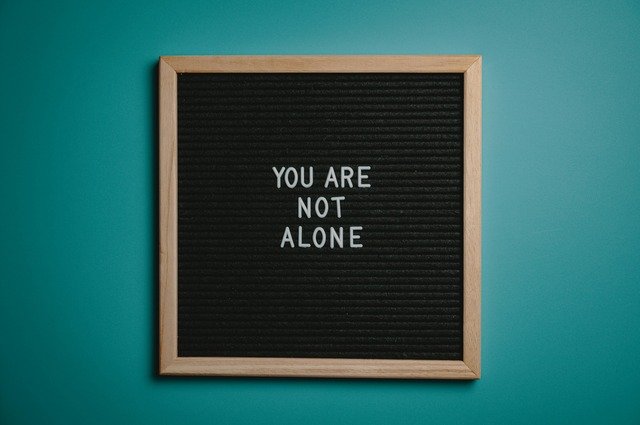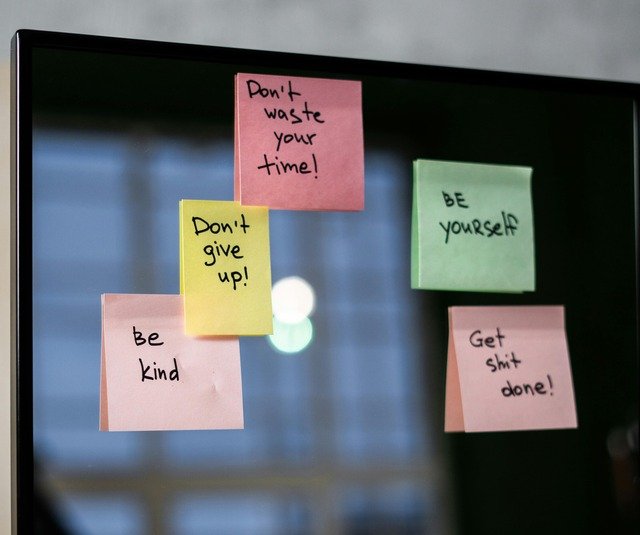Article:
The pandemic has reshaped how employees view work, leading to a major shift in priorities. Today’s workforce places greater importance on mental wellness, personal fulfillment, and flexible work arrangements. Many are seeking roles that align with their values, offer a healthier work-life balance, and support emotional well-being. This shift has encouraged organizations to rethink traditional models of leadership and workplace culture. Employees are increasingly drawn to empathetic environments where they feel respected, supported, and psychologically safe. As a result, companies are being challenged to adopt more people-first approaches to retain and engage their talent.
More people in the workforce are consciously and consistently voicing their concerns about burnout and requirements for work-life balance, emotional safety, and taking initiatives to mentor colleagues and others.

The Mental Health Awakening in the Workforce
An American study found that in 2023, 65% of professionals suffered burnout primarily due to mental and emotional stress; in 2024, it increased by 15%. Last year, 20% of UK employees skipped work because of stress and related issues, reflecting poor mental health. More recently, several cases of suicide were reported in India, and unconfirmed sources claimed that work stress was the primary reason behind them.
Of late, employees look for more than financial compensation or impressive designations. They seek workplaces encouraging and supporting personal fulfillment, mental health, and clarity. Of late, awareness about emotional health among professionals has been on the rise; the shift has been rewiring organizational strategies with a profound effect on their policies. It encourages employees to build healthier boundaries, be more mindful, engage in mindfulness practices, and be empathetic leaders.
The pandemic brought the focus on mental health and the crucial need to work on it. Organizations across the world have been adapting to the changed scenarios, modifying policies to accommodate them in employee welfare policies.
Gen Z and Millennials are transforming workplace culture with a strong focus on flexibility, purpose, and well-being. These digital-native generations value transparency, diversity, and ethical leadership, pushing organizations to adopt more people-first policies. Remote work, flexible hours, mental health days, and social impact initiatives are no longer optional—they're expected. Gen Z, in particular, seeks authenticity and accountability, prompting companies to align their values with their actions. Meanwhile, Millennials emphasize career development, collaborative leadership, and meaningful engagement. Together, they are redefining success—not by job titles, but by personal growth, social contribution, and psychological safety. Organizations that listen and adapt to these evolving expectations are not only attracting top talent but also building more resilient and future-ready workplaces.

The Demand for Mental Health-Safe Places
Organizations across the world are addressing mental health concerns. The National Grid, based in the UK, carried on a campaign to deal with and reduce the stigma associated with mental health issues. It trained its managers to identify and address mental health issues at the earliest and also modified HR policies to ensure mental health and well-being. Another UK-based company, EDF Energy, discovered the loss of productivity because of the poor mental health of its employees. So, the organization trained more than a thousand managers about mental health disruption indicators, offered psychological support to employees, and paid adequate attention to psychological health in their job design and performance evaluations.
Apart from these two companies that are quite prominently ensuring proper mental health, several organizations are trying to address mental health concerns, according to their individual capacities, like flexible work schedules, mental health days, and empathetic leadership, shifting from a productivity-centric approach to people-first cultures and the likes.

Organization Initiatives to Ensure Better Mental Health for its Workforce
Mental health has had a profound impact on organizational output, in terms of its production or service output and brand as well. Especially because an organization that cannot ensure the mental safety of its employees ranks low on humanity and employee friendliness aspects. Human resources is a significant asset and a determining element; a lot of its performance and success depend on its employees. Hence, organizations across the world implement employee-friendly policies that ensure better mental health for their workforce.
Ernst & Young has a holistic approach towards employee welfare where they offer employees and their families 25 counseling sessions, meditation sessions, and mindfulness training. Including their families ensure their entire surroundings are being taken care. It’s a holistic and wholesome approach toward employee’s mental health and hygiene.
Khaitan & Co. improvised its Employee Assistance Program to help employees deal with stress and other emotional issues during the COVID-19 pandemic. It appointed a mental health associate and introduced a “switch-off” period and “no-questions-asked” menstrual leave policy that helped them address employee pain points and significantly benefitted the company.
Similarly, we must mention Okta which offers virtual coaching and therapy sessions through Modern Health, and Headspace memberships; employees can also access different wellness resources through the OktaU learning hub.
Apart from these three, there are many more entities in the corporate and other sectors that have effective employee-friendly policies that address their mental health and ensure that they do well. Interestingly, new departments and designations have been created to tackle employee mental health and address the growing need for the same. The ‘Chief Wellness Officer’ is one such profile that you might have already come across; it is one among the several such created designations. Often organizations take the help of visiting counselors to assess their employees' mental health and address complications before they become serious issues.

Redefining Leadership Through a Mental Health Lens
Over the years, the role and nature of leadership have evolved just as workspace and allied requirements. The current workspace needs emotionally intelligent leaders who can drive the workforce with empathy, active listening, inculcating a sense of purpose-driven work attitude, and channelling their vulnerability without affecting the organization.
An emotionally intelligent leader is an asset in current workplace scenarios. Here are some of the crucial reasons that underline their position in an organization.
Firstly, emotionally intelligent leaders create environments where team members feel safe to express ideas, ask questions, and admit mistakes, without fear of judgment or retaliation.
Secondly, they are skilled at resolving conflicts constructively, listening to all perspectives, and facilitating solutions that preserve trust and team cohesion.
Thirdly, with high emotional intelligence (EQ), leaders strengthen their bonds with subordinates through active listening, empathy, and clear communication, enhancing collaboration and morale.
Fourthly, they are attuned to signs of burnout, stress, or disengagement and take proactive steps to support team members through flexibility, check-ins, or wellness resources.
Fifthly, by recognizing diverse emotional needs and cultural backgrounds, emotionally intelligent leaders champion inclusivity, fairness, and psychological understanding in every interaction.
Sixthly, they lead by example—owning mistakes, regulating their emotions under pressure, and fostering a culture of accountability and authenticity.
Finally, rather than relying on control or authority, they inspire, coach, and uplift individuals by understanding what truly motivates each team member.
Leadership focus has shifted from hierarchy to human connections, and the accent has gently transformed from being authoritative to collaborative. The same is reflected in management styles; both have to complement each other and go hand-in-hand.

What’s Next?
Organizations are working around hybrid models, not just for the working modules (striking a fine balance between working from home and office) but also using digital tools and human support to support employees’ mental health and ensure wellness.
Going further, specialized efforts will make more sense and be of valuable help for future workforces that will include maintaining mental health KPIs (preferably for individual employees), getting wellness certifications, and further specializing by getting the help of AI mental health assistants.
The bottom line is to have sustained commitment because, after peak performance, there will come a time when the performance dips (it’s all part of the process). So, the key is to sustain and not just focus on high performance. It is when you work on sustaining your efforts that you build an organization that can stand every situation. Therefore, resilience is the key.
Paying attention to employees’ mental health and wellness is a big investment, having the potential for bigger returns. Building a health-conscious culture is a necessity, and organizations across different sectors are positively responding to this current shift and aligning their policies to support their workforce’s mental health. Dr. Kirranprreet Kaur, the head of human resources at a popular e-commerce logistics solution provider, said, “As an HR leader, I see EI as the foundation of effective leadership.” Emotional intelligence is what prepares leaders to understand how important and urgent it is to address the mental healthcare of a workforce, enable them to be enough for their teams, and ensure their mental well-being.


